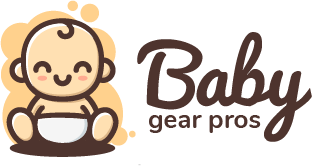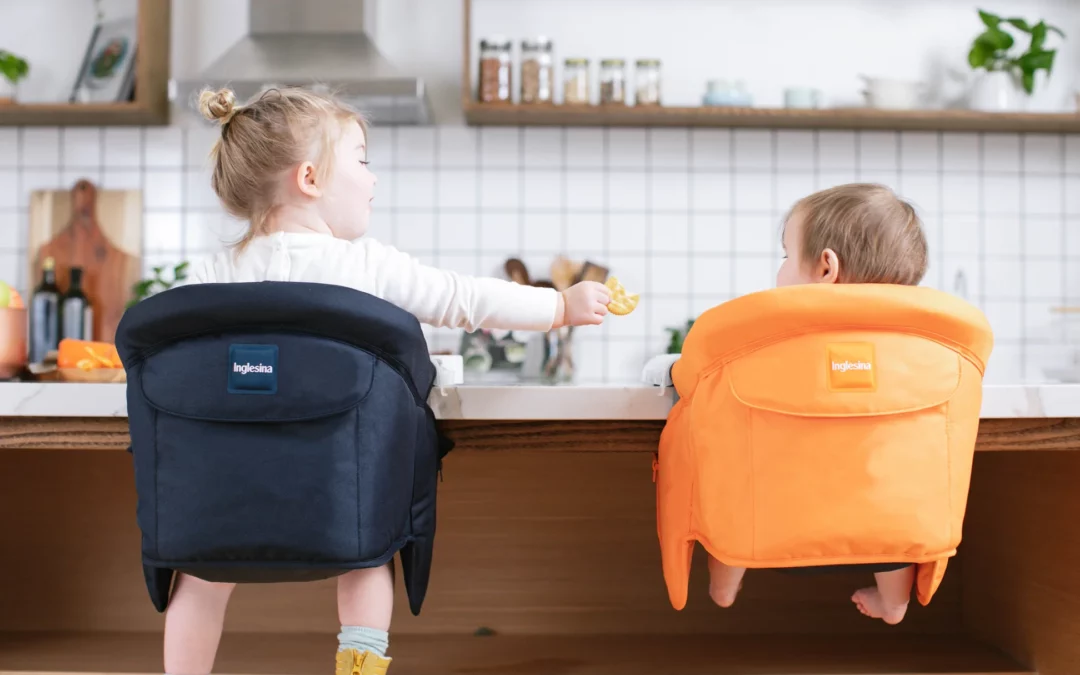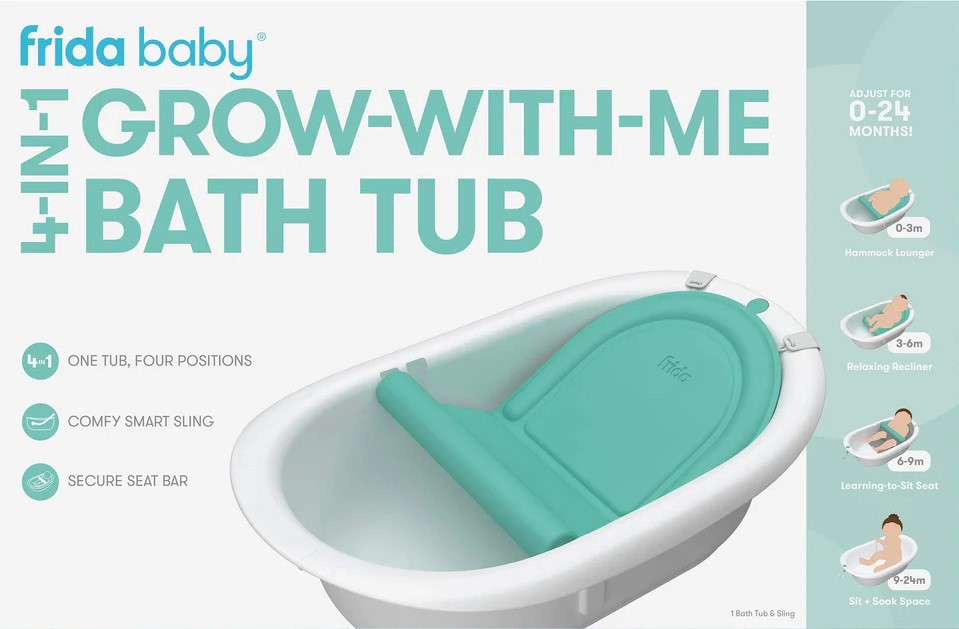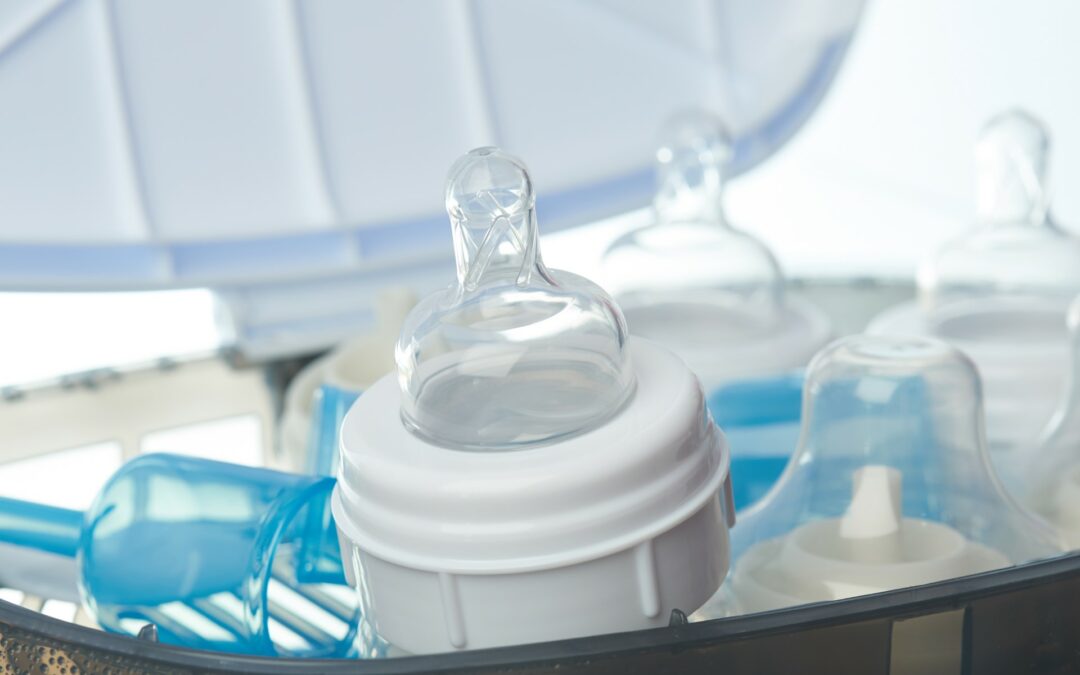Welcoming a tiny human into the world is a whirlwind of emotions. Joy dances with worry, excitement mingles with trepidation, and amidst the endless cuddles and diaper changes, a new parent’s mind can be flooded with questions. One common source of concern? Those sudden, rhythmic hiccups that seem to shake your little one’s fragile frame. Though alarming at first, these involuntary diaphragm spasms, known as “newborn hiccups,” are usually harmless and often resolve on their own. But let’s delve deeper, demystifying the hiccup phenomenon and equipping you with the knowledge to navigate this common newborn quirk.
Unraveling the Mystery: Why Do Newborns Hiccup?
While the exact cause of newborn hiccups remains a medical enigma, several factors are suspected culprits:
- Swallowing Air: Imagine your baby’s tiny tummy, still learning the ropes of efficient feeding. Sometimes, air gets unintentionally gulped down alongside milk, irritating the diaphragm and triggering those familiar hiccups.
- Digestive Development: Remember, your newborn’s digestive system is a work in progress. As it matures and strengthens, occasional hiccups may occur while the delicate mechanisms adjust.
- Temperature Fluctuations: A sudden shift from a warm bath to a cooler room can send your baby’s sensitive system into a tizzy, and hiccups might be a way for their body to readjust.
- Other Possible Triggers: While less common, certain neurological factors or even external stimuli like bright lights or loud noises have been linked to hiccups in some babies.
Are Hiccups a Cause for Concern?
Rest assured, in most cases, newborn hiccups are a perfectly normal and temporary phenomenon. In fact, they’re quite common, affecting up to 50% of all newborns. These little hiccups typically resolve on their own within minutes, and most babies outgrow them by their first birthday.
Soothing the Hiccups: A Helping Hand for Your Little One
While hiccups are usually harmless, seeing your baby struggle can be unsettling. Here are some gentle methods to help ease their discomfort:
- Burping Bliss: If hiccups occur during or after feeding, burping your baby is a top priority. This helps release trapped air that might be triggering the spasms. Try holding your baby upright over your shoulder and gently patting their back until you hear the satisfying burp.
- Pacifier Power: The act of sucking can sometimes relax the diaphragm and stop the hiccups. Offer your baby a pacifier, but remember, pacifier use shouldn’t interfere with breastfeeding or bottle-feeding.
- Posh Positioning: A change in position might do the trick. Try gently holding your baby upright, walking them around, or rocking them in a soothing motion. Sometimes, simply switching from lying down to sitting up can break the hiccup cycle.
- Warm Compress Comfort: A warm compress placed gently on your baby’s belly can provide some relief, especially if gas is suspected to be the culprit. Remember, always test the temperature on your wrist before placing it on your baby’s delicate skin.
When to Seek Medical Advice:
While most newborn hiccups are fleeting and innocent, there are a few instances when seeking medical advice is recommended:
- Persistent Hiccups: If your baby’s hiccups last for several hours or occur constantly, it’s best to consult with your pediatrician.
- Accompanying Symptoms: Hiccups paired with other issues like vomiting, difficulty breathing, or poor weight gain warrant a doctor’s visit.
- Unusual Intensity: If your baby seems distressed or in pain due to the hiccups, seeking professional advice is crucial.
Prevention: A Proactive Approach
Although not always foolproof, here are some proactive tips to help reduce the frequency of newborn hiccups:
- Feeding Finesse: Feed your baby in an upright position to minimize air intake. Take your time during each feeding and allow for frequent burping breaks.
- Slow and Steady Wins the Race: Avoid overfeeding your baby, as a full tummy can put more pressure on the diaphragm and increase the likelihood of hiccups.
- Tummy Time: Encourage supervised tummy time when your baby is awake and alert. This strengthens their core muscles, which can contribute to better digestive function and potentially fewer hiccups.
The Final Hiccup: Embracing the Journey
Newborn hiccups are a common and often harmless facet of early infancy. By understanding the potential causes and implementing simple strategies, you can navigate this experience with confidence. Remember, every baby is unique, and what works for one might not work for another. Trust your instincts, observe your baby’s cues, and don’t hesitate to seek professional guidance if needed. Soon, those hiccups will be a distant memory, replaced by the precious moments




